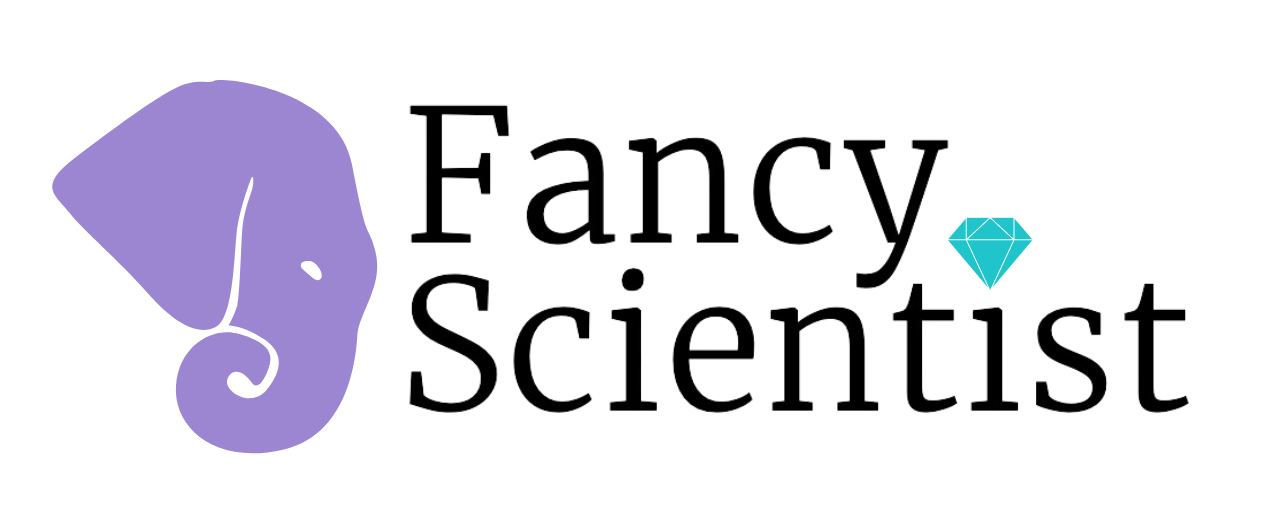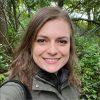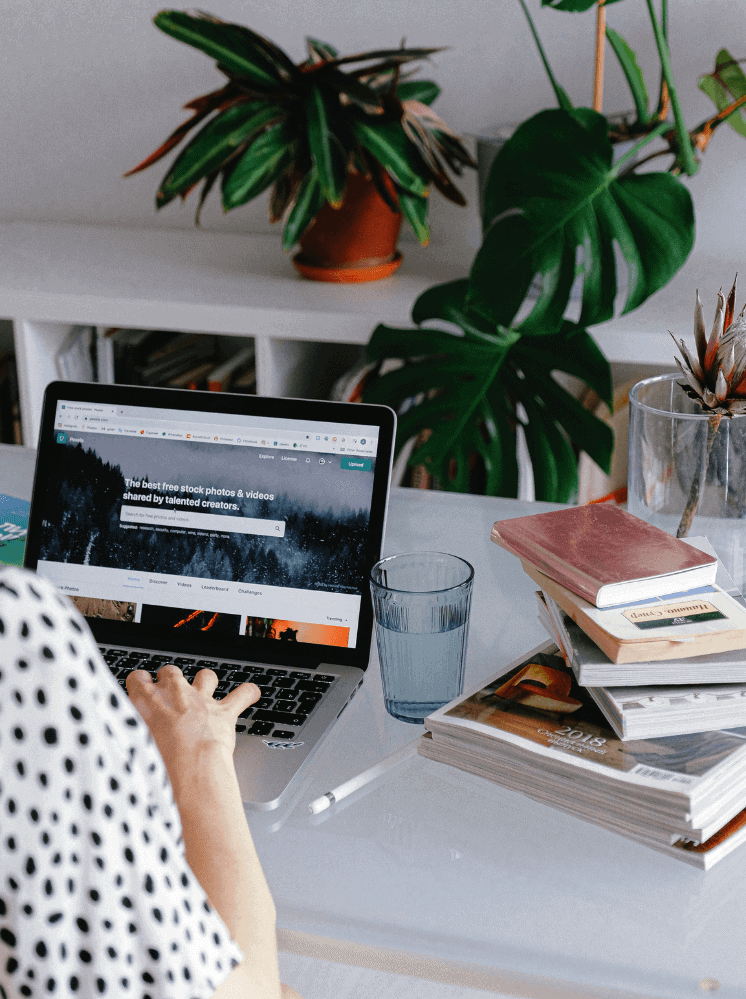I became a wildlife biologist because I wanted to save species from extinction. But I’ve learned over my nearly two decades in this field, that we really can’t save species without focusing on ourselves first.
When people think of wildlife conservation, they often conjure up images of scientists in the field with animals, studying where they move, what they eat, or how many there are. This definitely helps in conservation planning, but it doesn’t relieve the threats placed on animals.
Powered by RedCircle
To really get to the core of conservation, we have to turn to humans. But how do we do this?
In this episode, I talk about, in my opinion, the most important aspect of getting people to care about nature – allowing them to have experiences with nature. I believe that the “Extinction of Experience” is the greatest threat to biodiversity conservation.
This episode is all about explaining the concept of the Extinction of Experience, why it’s been increasing with each generation, and what we can do about it. I go into specifics about how I believe that community science (citizen science) is a means to reverse the extinction process.
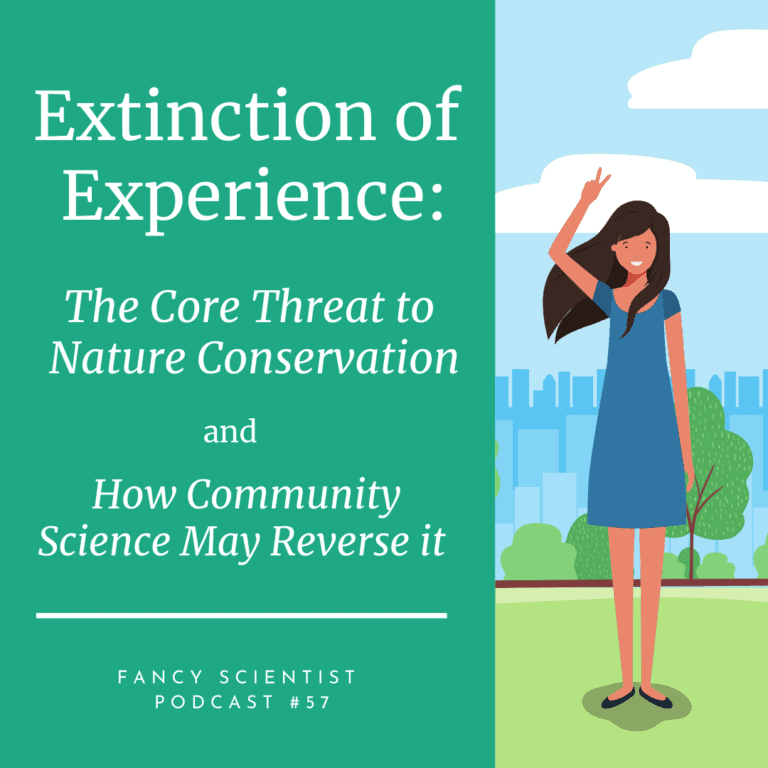
Specifically I talk about:
- How I went from a scientist who only wanted to study animals to one who is super interested in people
- What is the Extinction of Experience?
- What does going outside have to do with conservation?
- The important components of having an “experience” in nature
- How community science is uniquely suited to reverse the Extinction of Experience
- Results of a study I conducted on the outcomes of community scientist volunteers
- What we can do to encourage people to get involved in community science
- and MORE!
Resources and Sources in Extinction of Experience
Love this post? Share it with friends!
